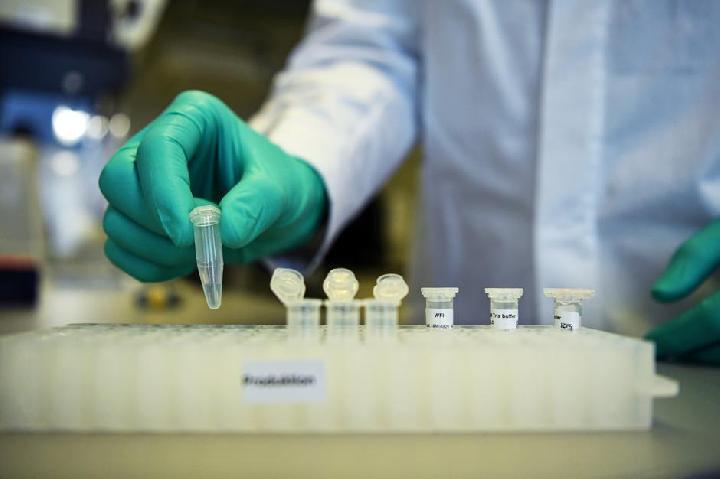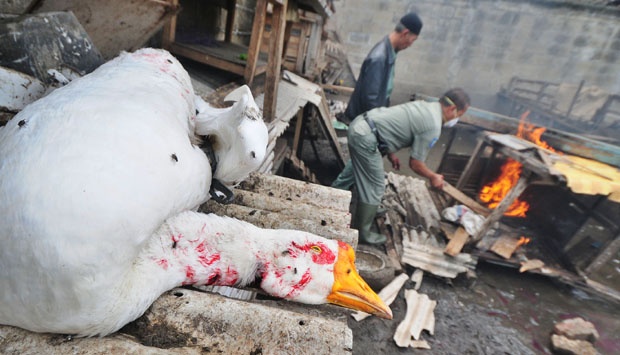Surabaya University Develops H5N1 Vaccine from Tea, Cocoa
19 October 2018 23:25 WIB

TEMPO.CO, Surabaya - The Avian Influenza Laboratory at the Center for Tropical Disease at Airlangga University will soon develop an avian flu vaccine made from tea and cacao. Research results indicate that active substances in tea and cacao contain antioxidants that can ward off and combat bird flu cells.
Head of the Avian Infuenza Laboratory, Nidom, stated that tea and cacao contain active substances that are more effective than Tamiflu. Nidom said that Tamiflu has a time limit of 48 hours. That means if someone is infected with the bird flu yet only starts to take Tamiflu three days after the infection, the results will not be effective. In addition, hallucinations are a possible side effect of Tamiflu.
Compared to the H7N9 virus in China, the H5N1 strain is more dangerous despite its more gradual transmission.
"The hypothesis is that if this (H5N1 strain) can be cured, then others (bird flu viruses) can also be cured," said Nidom.
However, Nidom admitted that an in-depth research is still necessary to discover which active substances in tea and cacao can ward off the avian flu virus. Out of the many variants, a Gambung tea clone was proven to contain the active substance. After a more specific analysis, tea and cacao extracts can be used to create mass-produced medicine or a vaccine.
This discovery was due to research conducted by PT Riset Perkebunan Nusantara in Bandung and Jember. PT Riset Perkebunan Nusantara president director Didiek Hadjar Goenadi stated that the research resulted in the production of white tea containing high levels of antioxidants.
This white tea has been proven to protect human cells from avian flue infection in addition to reducing cholesterol and lowering blood pressure.
Didiek revealed that in order to produce this white tea, an investment of Rp100 million (around US$ 10,236) is needed. One hectare of land can produce up to 10 kilograms of white tea. It can cost from Rp1 million (around $102) up to Rp5 million (around $511) per kilogram.
AGITA SUKMA LISTYANTI






















